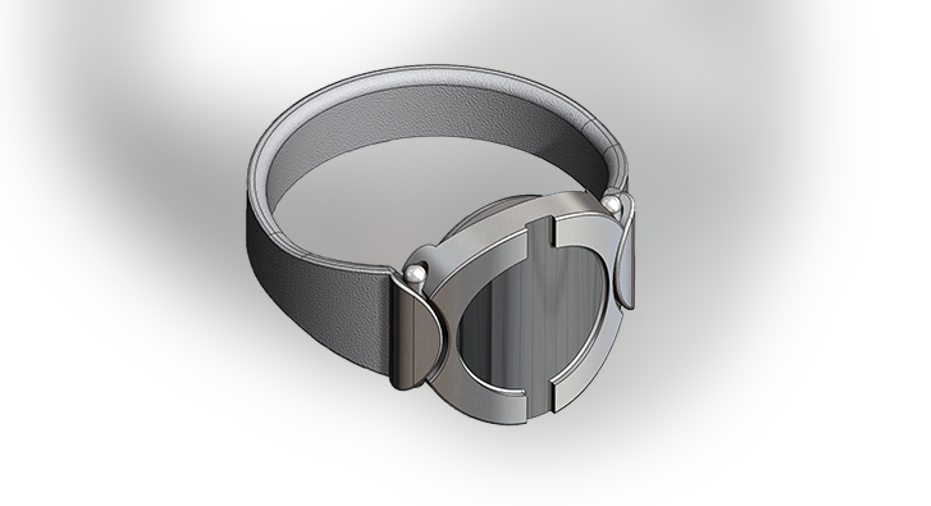Chrono Raises $32M to Make Smart Nicotine Patch

Like the Fitbit or the Jawbone Up, the newest piece of wearable technology aims to make users healthier. But instead of counting steps, Chrono Therapeutics’ SmartStop wearable is intended to help smokers leave cigarettes behind.
The SmartStop device can be worn as a watch, an armband or as a patch similar to the nicotine patches currently on the market. Chrono Therapeutics announced Thursday it just raised $32 million in Series A financing led by Canaan Partners and 5AM Ventures, with participation from Mayo Clinic, GE Ventures and Fountain Healthcare Partners. The funding will be used to manufacture the devices at volume and support the company through the FDA clinical-trial period.
Chrono CEO Alan Levy, who has 30 years of experience in the life sciences industry, says the SmartStop device provides nicotine to users when they are most intensely craving the drug. When cravings are low, the device stops transferring nicotine, to aid in the weaning process. The SmartStop is intended to be used for a 10-week period.
“The drug is timed to be optimized to the symptoms depending on the disease’s times of maximum craving. For smokers, the greatest craving is when they wake up, because they haven’t had nicotine for seven to eight hours, and then at mealtime,” says Levy.
Each night, Levy says SmartStop users would insert a single-use cartridge into the device. Then, they set a wake-up time, so SmartStop could start transferring nicotine through the skin shortly before the alarm rings. The device then disperses nicotine delivery throughout the day to sync up with mealtimes.
“Studies show that for the majority of people, from the time they wake up until lunch and dinner … the meals are approximately the same number of hours apart,” says Levy. Nicotine cravings strike around mealtimes, because the body’s metabolism kicks in at these points and processes nicotine more quickly through the body.
The SmartStop device is also Bluetooth-enabled in order to sync with a digital support program.
Because nicotine replacement therapy (NRT) is already FDA-approved, Levy expects the FDA clinical-trial process for SmartStop to be relatively short. Levy says the company will, however, have to prove that the device transfers an appropriate amount of nicotine to wearers throughout the day.
“The money we’ve raised will take us to FDA approval within three years,” says Levy.
Aside from smoking cessation, Levy says the SmartStop device may also prove useful for the treatment of disorders such as attention-deficit disorder (ADD) and attention-deficit hyperactivity disorder (ADHD).



















